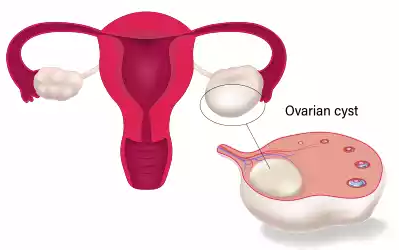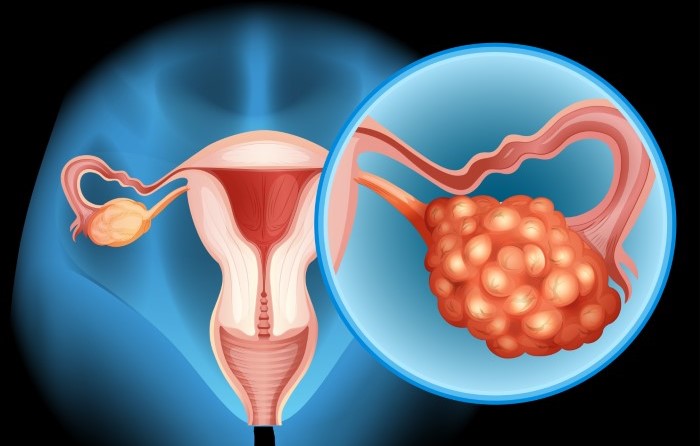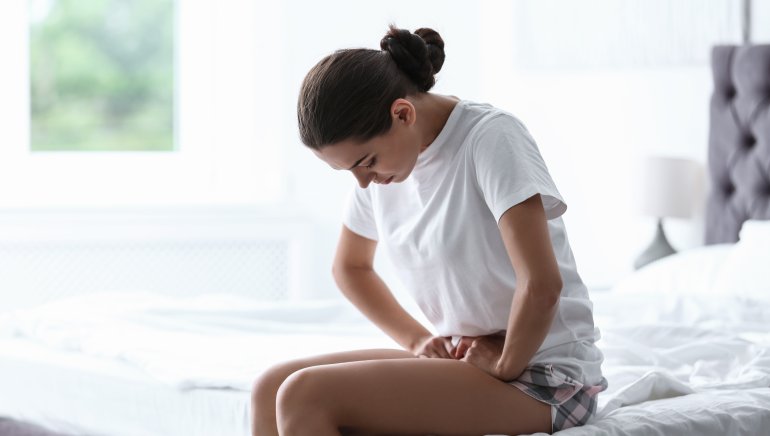Haemorrhoids: Prevention and Healing Through Diet and Lifestyle

Haemorrhoids, commonly known as piles, exist as swollen veins that form inside the rectum and might result in bleeding and painful symptoms. Any person may face these conditions, yet lifestyle factors, including inadequate diets and insufficient physical exercise, along with straining during elimination, represent major contributors.
A high-fibre diet which maintains balance represents an outstanding means to stop hemorrhoids from forming or to make healing faster. The following guide details which foods prevent hemorrhoids and aid in healing, while also identifying which foods should be avoided.
Foods to Eat for Hemorrhoid Prevention and Healing
High-Fiber Foods
An adequate amount of dietary fiber stands as necessary for preventing hemorrhoids and promoting their healing process. High-fiber foods help soften bowel movements while decreasing straining, which results in regular bowel movements.
Add whole grain choices like brown rice, oats, and quinoa to your diet. Also include fiber-rich fruits like berries, apples, and bananas with leafy greens, broccoli, and carrots, while legumes, particularly lentils and beans, join nuts and seeds.
It also includes almonds and chia seeds. These foods fight constipation, which leads to hemorrhoids, and then assist in healing current symptoms. Consuming these foods reduces both the pain linked to hemorrhoids and strengthens your digestive system's health.
Water
Intake of water becomes essential because it softens stools, making bowel movements easier. The disease-causing effects of dehydration create hard stools that worsen hemorrhoid conditions. The recommended daily water intake should be 8 glasses because it supports optimal digestive system performance.
Citrus Fruits and Vitamin C-Rich Foods
Oranges, together with lemons and grapefruits, provide substantial vitamin C content that enhances blood vessel wellness to help the healing process. Haemorrhoid inflammation decreases through vitamin C intake, which strengthens venous tissue and stops future irritations to the haemorrhoids. Besides citrus fruits, bell peppers and broccoli, along with kiwi, also contain vitamin C.
Foods to Avoid for Hemorrhoid Prevention and Healing
Low-Fiber Foods
Eating low-fiber foods results in constipation because it leads to uncomfortable straining when you use the bathroom. Hemorrhoid sufferers should avoid consuming white bread dishes along with white rice and other refined grain products.
Foods from fast food joints, along with junk food, contain little fiber content yet possess unhealthy fats that delay digestion. Consuming large amounts of dairy products, including cheese and ice cream, often leads to constipation for many individuals. People with frequent hemorrhoids should consume high-fiber foods regularly while avoiding low-fiber options.
Spicy Foods
The consumption of spicy foods causes stomach irritation that enhances hemorrhoid symptoms. Foods like chilli peppers, hot sauce, and spicy curries generate inflammation, which can intensify rectal pain together with burning sensations. It is advisable to decrease or completely avoid spicy foods when such intake leads to any painful sensations.
Caffeine and Alcohol
Caffeine creates body-drying effects through dehydration. Insufficient water intake creates hard stools that become difficult to pass through the rectum. Hemorrhoids are further worsened by the action of straining.
You should maintain constant water intake throughout the day. The consumption of water maintains stool softness, which enhances the ease and comfort of bowel movements.
Refined Sugar
Prepared sugars appear in sweets and soda as well as candy and baked snacks. A large consumption of these foods disrupts your digestive system, thus causing constipation. Straining during bowel movements that occurs from constipation worsens hemorrhoid symptoms. High intake of sugar generates additional body-wide inflammation.
The embrace of sweet indulgences should consist of either natural elements, such as honey and fruit or limited amounts of maple syrup. Taking in less sugar benefits both your intestinal wellness and quickens your hemorrhoid healing process.
Red Meat
Beef and pork contain high amounts of fat along with low digestibility properties. Your digestion becomes slowed down by this food group, which leads to potential constipation when fiber intake is inadequate. Fiber is not present in red meat despite the fact that the human body requires it for proper digestion.
You should choose chicken, turkey, or fish instead of red meat since they help prevent frequent hemorrhoid occurrences. Consuming fiber-rich foods during meals supports bowel health and lowers hemorrhoid recurrence risk.
Additional Tips for Hemorrhoid Prevention and Healing
Stay Hydrated
Getting enough daily water consumption protects against constipation and supports optimal bowel function. Drinking enough water helps the stool remain soft so passing it becomes simpler.
Drink eight glasses of water (two liters) per day for hydration while cutting back on dehydrating beverages such as caffeine and alcohol. Drinking water helps avoid causing discomfort and strain during bowel movements, thus decreasing the chance of hemorrhoid flare-ups.
Avoid Prolonged Sitting or Standing
Put together, the increased pressure on rectal veins from staying in fixed positions frequently results in hemorrhoid development. Take periodic breaks and move your body during your workday if your profession demands continuous sitting and standing.
Taking short walks or stretching every sixty minutes will help reduce lower body pressure while improving blood circulation. Daily physical activity stops blood from settling in your rectal area.
Maintain a Healthy Weight
Pelvic area strain increases when a person carries excess weight, thus raising their risk for hemorrhoids. The combination of a balanced diet and regular exercise helps preserve rectal venous health while improving your digestive wellness.
Weight loss, even at modest levels, reduces pelvic pressure, so hemorrhoids have less chance to develop or become more severe.
Avoid Heavy Lifting
Heavy lifting activities lead to strain on the body that might worsen symptoms related to hemorrhoids. Lifting weights causes blood to enter the rectal veins, where it increases both swelling and inflammation.
When you need to lift heavy items, maintain suitable lifting methods and resist holding your breath during the process. Getting help for large and heavy lifts is wise because it helps maintain your health and reduces strenuous efforts.
Conclusion
A basic dietary modification will both stop haemorrhoids from developing and assist in healing them. Eating a fibre-rich diet consisting of whole-grain foods, fruits and vegetables, and healthy fats reduces pressure on your digestive system during bowel movements. Hydration plus adding probiotics through dietary methods, helps maintain a healthy gut.
Avoiding low-fibre processed foods and spicy dishes, and halting alcohol and caffeine consumption, helps maintain and prevent hemorrhoid flare-ups. You should maintain these food habits throughout the day to achieve optimal health advantages alongside comfort improvements. Consult with a healthcare expert, Dr. Sandip is one of best piles surgeon in south delhi if your haemorrhoid symptoms do not improve or become more severe.



